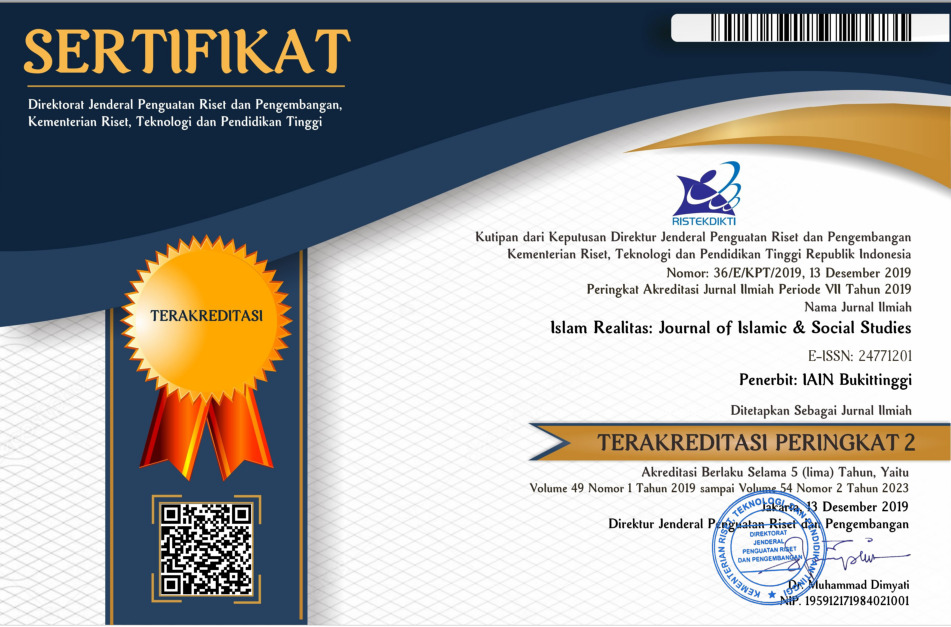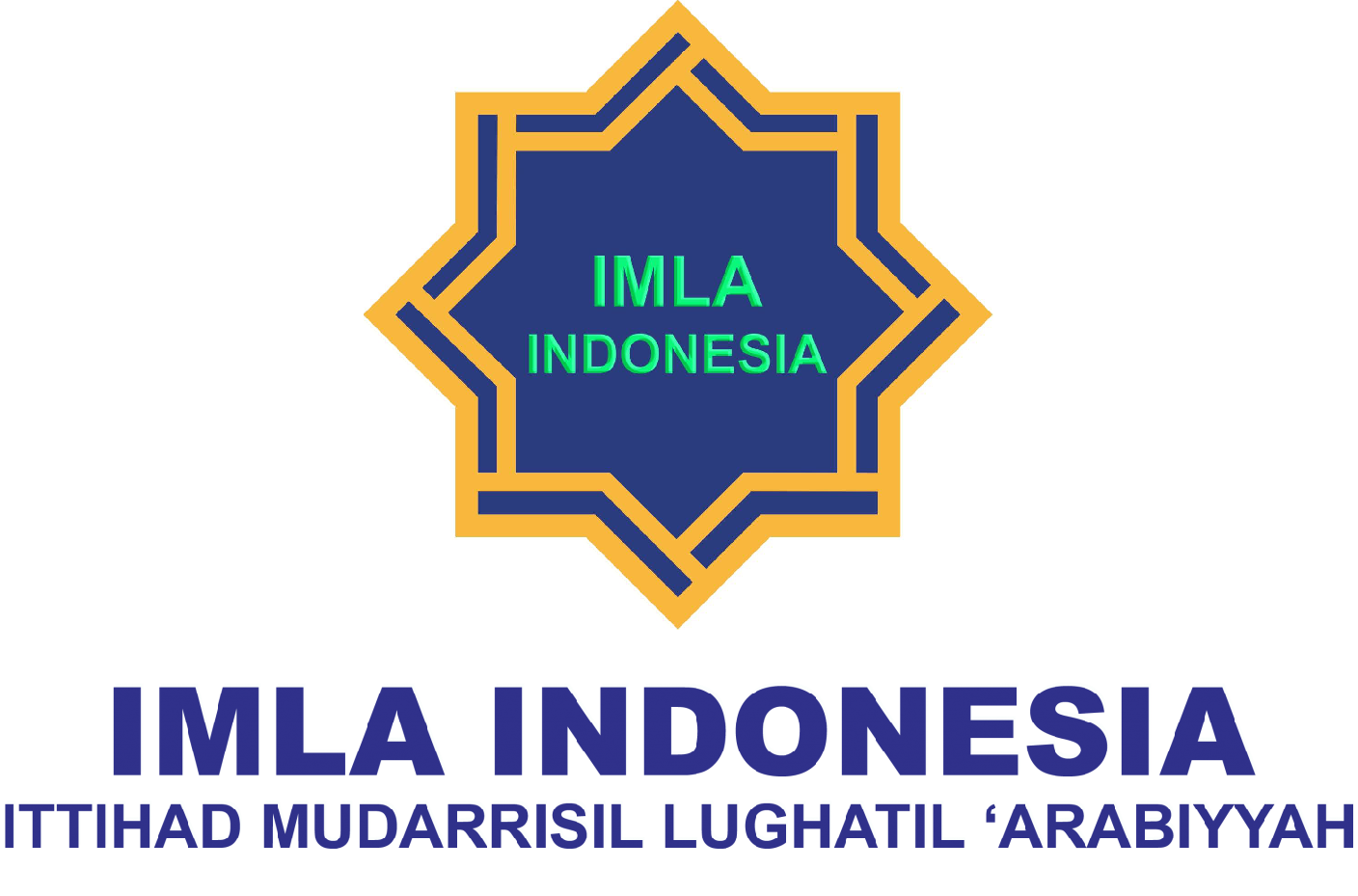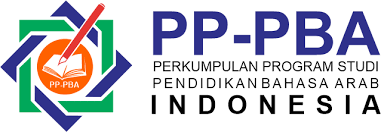Why Learning Arabic? (Maqasid Approach in Formulating Arabic Learning Curriculum)
Authors :
Abstract
This study aims to carry out a Maqasid approach to learning Arabic. This study uses a qualitative approach with a descriptive analysis method. Researchers use the book Al Maqasid for Beginners by Jaser 'Audah as a primary source and studies of books, articles, journals, and related scientific works as a secondary source. Researchers will discuss three main aspects of learning Arabic: ḍaruriyyat, ḥajiyyat, and tahsiniyyat aspects. The results of this study: 1) In the ḍaruriyyat aspect, the things that need to be considered are the meaning of the concepts of Al-Ilah, Ar-Rab, Ad-Din, Ar-Rasul, Al-Ibadah, and At-Taqwa, then proceed to the related understanding haḍarah, thaqafah, umran, and tamaddun as part of Islamic civilization, 2) in the ḥajiyyat aspect, two main points need to be considered, namely the sense of the moment and social media as a weapon. These two points result from ‘hajah’ or the need for students as objects of education in the context of current developments, 3) the tahsiniyyat aspect of the purpose of learning Arabic can be implemented in learning Arabic in the interest of getting benefits, both material and political benefits. By exploring and interpreting these three aspects of the maqasid perspective, students can understand their purpose for studying Arabic properly.
تهدف هذه الدراسة إلى تنفيذ منهج مقاصد لتعلم اللغة العربية. تستخدم هذه الدراسة المنهج النوعي مع طريقة التحليل الوصفي. يستخدم الباحثون كتاب المقاصد للمبتدئين لجاسر عودة كمصدر أساسي ودراسات الكتب والمقالات والمجلات والأعمال العلمية ذات الصلة كمصدر ثانوي. سيناقش الباحثون ثلاثة جوانب رئيسية لتعلم اللغة العربية: جوانب الصرريات والحجيات والتحسينيات. ونتائج هذه الدراسة: 1) من ناحية السريات ، فإن الأمور التي يجب مراعاتها هي معنى مفاهيم الإله والرب والدين والرسول والعبادة والعبادة. التقوى ، ثم انتقل إلى الفهم ذي الصلة الحارة ، والثقافة ، والعمران ، والتمدن كجزء من الحضارة الإسلامية، 2) في الجانب الحجيات ، هناك نقطتان أساسيتان يجب أخذهما في الاعتبار ، وهما الشعور باللحظة ووسائل التواصل الاجتماعي كسلاح. هاتان النقطتان ناتجتان عن "الحاجة" أو الحاجة إلى الطلاب كأدوات تعليمية في سياق التطورات الحالية، 3) يمكن تنفيذ جانب التحسينيات لغرض تعلم اللغة العربية في تعلم اللغة العربية من أجل الحصول على الفوائد ، كلاهما مادتين. والمنافع السياسية. من خلال استكشاف وتفسير هذه الجوانب الثلاثة من منظور المقاصد ، يمكن للطلاب فهم الغرض من دراسة اللغة العربية بشكل صحيح.
Keywords
Full Text:
PDFDOI (PDF): http://dx.doi.org/10.30983/huruf.v3i1.6289.g1412
References
’Audah, Jaser, Al-Maqasid Untuk Pemula, ed. by Mohammad Affan (Yogyakarta: SUKA Press, 2013)
Acikgence, Alparslan, ‘The Framework for a History of Islamic Philosophy’, Journal of The International Institute of Islamic Thought and Civilization, 1.1 (1996), 1
Al-Attas, Muhammad Naquib, Aims and Objectives of Islamic Education (London: Hodder and Stroughton, 1979)
———, Islam: The Concept of Religion and the Foundation of Ethics and Morality (Kuala Lumpur: Dewan Bahasa dan Pustaka Malaysia, 1992)
Al-Munjid Fii Al-Lughat (Beirut: Daar al-Masyriq, 1977)
Andriani, Asna, ‘Urgensi Pembelajaran Bahasa Arab Dalam Pendidikan Islam’, Ta’allum, 03.01 (2015), 39
———, ‘Urgensi Pembelajaran Bahasa Arab Dalam Pendidikan Islam’, Ta’allum, 3.1 (2015), 50
Anis, Ibrahim, Fi Al-Lahajat Al-Arabiyah (Mesir: Maktabah al-Anjlu, 1965)
Arsyad, Azhar, Bahasa Arab Dan Metode Pengajarannya (Yogyakarta: Pustaka Pelajar, 2003)
Halstead, Mark, ‘An Islamic Concept of Education’, Comparative Education, 40 (2004), 517
Ibda, Hamidullah, ‘Urgensi Pemertahanan Bahasa Ibu Di Sekolah Dasar’, Shahih, 2.2 (2017), 197
Ibn Katsir, Al-Imam Abi Al-Fidaa Ismail, Tafsir Ibn Katsir (Dimsyqy: Daar al-Fikr)
Ibnu Khaldun, The Muqaddimah, An Introduction to History (UK: Princeton University Press, 1989)
Lane, E.W., Arabic English Lexicon (England: Cambridge, 1863)
Mohd Shahrizal, Nasir, and Sahrir Muhammad Sabri, ‘Tinjauan Makinuddin, Mohammad, ‘Perumusan Kompetensi Dan Tujuan Pembelajaran Bahasa Arab’, Miyah: Jurnal Studi Islam, 11.1 (2015), 1
Persepsi Pembelajaran Bahasa Arab Untuk Tujuan Ibadah Sebagai Satu Keperluan Bagi Masyarakat Muslim Awam Di Malaysia’, The Asia Pacific Journal of Educators and Education, 30.1 (2015), 51
Moneim, Aly Abdel, ‘Towards Islamic Maqasidi Education Philosophy for Sustainable Development: Quranic Perspective With Special Attention to Indonesia’, Millah: Jurnal Studi Agama, 17.2 (2018), 221
Mustapa, Cica R., ‘Urgensi Tujuan Pendidikan Dalam Praktik Pembelajaran Bahasa Arab’, Tadbir, Jurnal Manajemen Pendidikan Islam, 6.1 (2018), 69
Pinang, Husein, ‘Tafsir Tematik “Al-Ilaah” Dan “Al-Rabb”’, Ibn Abbas, 1.2 (2018), 112
Pusat Kurikulum: Balitbang Depdiknas, Pelaksanaan Kurikulum Berbasis Kompetensi (Jakarta, 2002)
Quthb, Sayyid, Fi Dzilal Al-Quran (Jakarta: Gema Insani, 2006)
Rosik, Fakhrur, ‘Ta’limu Al Mufrodat Li Annaatiqin Bihgairi Al Lughoh Al ‘arabiyyah, Nadhariyyan Wa Tathbiqan, Ponorogo’, Jurnal Lisanudhad, 01.02 (2014)
Shihab, M Quraish, Tafsir Al-Misbah, IX (Jakarta: Lentera Hati, 2007)
Wahida, Besse, ‘Kamus Bahasa Arab Sebagai Sumber Belajar (Kajian Terhadap Penggunaan Kamus Cetak Dan Kamus Digital)’, At-Turats, 11 (2017), 58
Wekke, Ismail Suardi, Model Pembelajaran Bahasa Arab, 1st edn (Yogyakarta: Deepublish, 2014)
Yunus, Fathy, Tasmim Manhaj Li Ta’lim Al-Lughah Al-Arabiyah Lil Al-Ajanib (Kairo: Dar al-Thaqafah, 1978)
Zaidan, Jurji, Tarikh Adab Al-Lughah Al-Arabiyyah (Al-Qahirah: Handawi, 2013)
Zarkasyi, Hamid Fahmy, ‘Tamaddun Sebagai Konsep Peradaban Islam’, Tsaqafah, 2.1 (2015), 1
DOI: http://dx.doi.org/10.30983/huruf.v3i1.6289
DOI (PDF): http://dx.doi.org/10.30983/huruf.v3i1.6289.g1412
Refbacks
- There are currently no refbacks.
Copyright (c) 2023 Ahmad Zaki Annafiri

This work is licensed under a Creative Commons Attribution-ShareAlike 4.0 International License.




HuRuf Journal : International Journal of Arabic Applied Linguistic
Licensed Under a Creative Commons Attribution-ShareAlike 4.0 International License




